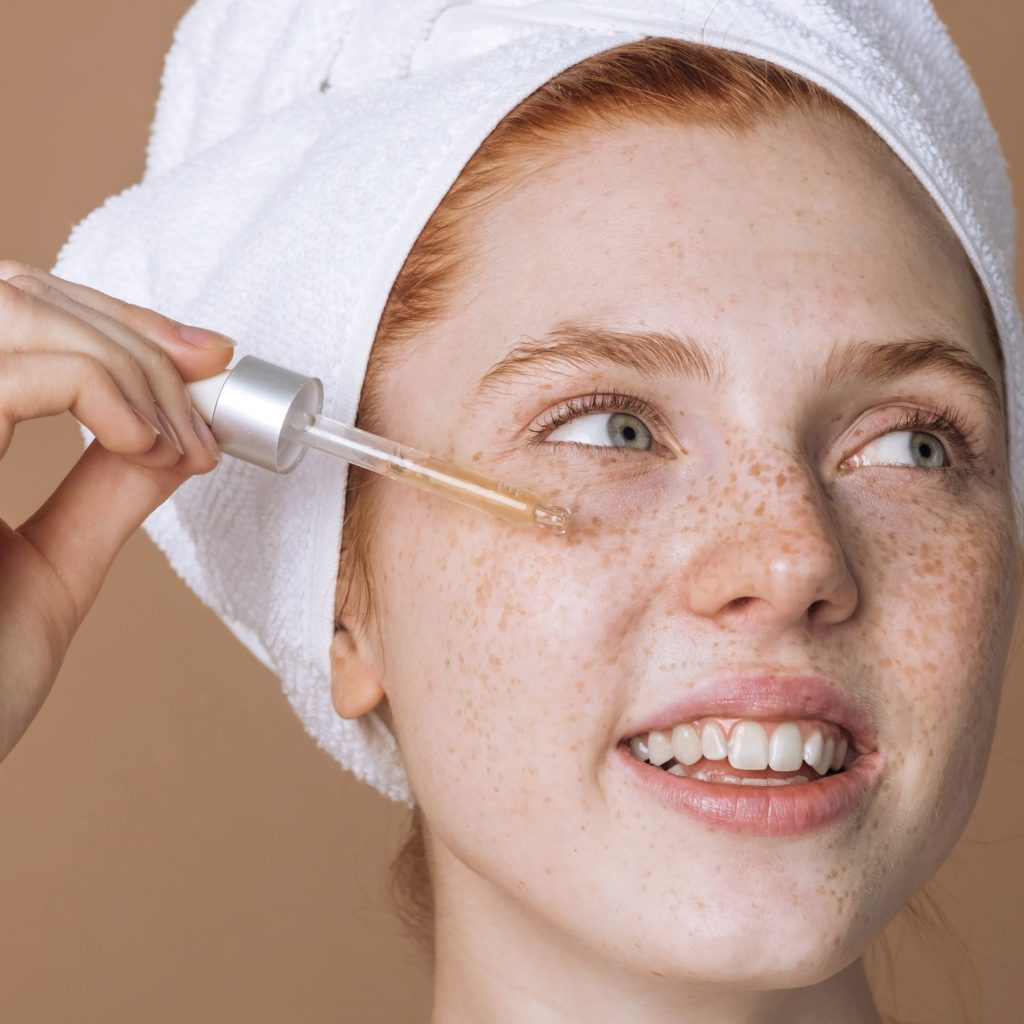In 2019, personalized beauty really started to boom. Many of these customizable beauty brands began harnessing AI software to help give consumers a unique shopping experience specifically tailored to them. This trend only increased in 2020 when stores closed down, and the year after that, and so on. Now, personalised beauty brands are aplenty, but do they actually provide a better experience?
It’s no secret: a lot of the beauty industry is filled with noise from various marking claims that aren’t regulated. The idea of personalised skin care is great so long as it’s actually personalized. Below, three experts dive a little deeper into what it means to be a personalized skin-care brand if it’s worth the splurge (because it typically doesn’t come cheap), and where the software behind it is limited.
The Science Behind Personalised Skin Care
Every personalised skin-care brand is different, but the overarching science behind it is dermatology compounding. “People can get customised solutions that are prepared by dermatologists and pharmacists that contain the exact ingredients that are going to work best for their individual needs,” Rohan Widdison, CEO of cosmetics manufacturer New Laboratories, a cosmetic manufacturer out of Australia, tells POPSUGAR.
Through online quizzes or questionnaires, some brands mix custom formulations specifically for you, while others match you to the right products for your skin type and concerns from a set number of options. “Online quizzes or questionnaires help determine the right products by asking questions about the person’s lifestyle, skin concerns, complexion, allergies, sensitivities, and skin goals, which are all factors when it comes to skincare,” Widdison says.
The Benefits of Personalised Skin-Care Products
The idea behind personalized skin care is solid. “Our skin has its own unique personality, from its own microbiome composition to how it is predisposed to injury and ultimately how it reacts to external triggers, including skin care,” Sajani Barot, PhD, pharmaceutical industry professional and founder of The Skin Consult, says.
Depending on what’s asked in the questionnaire, you can ensure the products you’re using don’t include ingredients you’re sensitive to.
“Personalised skin-care products can also be helpful for people to cut through the ‘noise,'” Widdison says. “A lot of people don’t know what they should be using or what their skin actually needs, and they get overwhelmed by the number of choices on the market.”
Is Personalised Skin Care Worth It?
Personalised skin care doesn’t typically come at a cheap price – on average, it’s not the most expensive option on the market, but it’s certainly more than drugstore products – so is it still worth the splurge?
“Personalised regimens are beneficial only when they are actually personalized,” Dr Barot says. “Unfortunately, many so-called personalized skin-care brands are not as personalized as we think they are. Unless someone is sitting in a lab and making these products from scratch each time a customer takes a skin quiz, it’s not personalized.”
Naana Boakye, MD, MPH, board-certified dermatologist and founder of Bergen Dermatology, agrees but adds: “It is best to see a dermatologist or a provider in-person/virtually if there is one accessible to the individual. There are so many nuances to one’s health that cannot be ascertained by a questionnaire or a quiz.”
Skincare is complex, and while an online quiz can make it easier to find the right formulations than just aimlessly wandering the aisle of your local beauty retailer, it doesn’t replace getting expert advice directly from a skin professional. “Certain conditions fall on a spectrum, and this is why seeing a dermatologist would help tailor or customize the treatment regimen further.”
The current AI software used by a majority of the beauty industry is also far from perfect. “Many of these apps always give me false recommendations because I am a woman of colour, and the products they recommend are not appropriate for me and do not identify my skin concerns,” Dr Barot says. “These softwares and robots are as good as the data they are built with, so as an industry, we have to recognize that often there is a lack of diversity in these data sets.”
Personalised brands can be a powerful tool, especially if you need help putting together a basic regimen or discovering the right ingredient for you, but they don’t replace the need for dermatologist expertise, and they’re certainly not the only pathway to good skin – the alternative just takes a little bit more heavy lifting on your end. If you do shop for customisable skin-care products, just do your research before buying.

